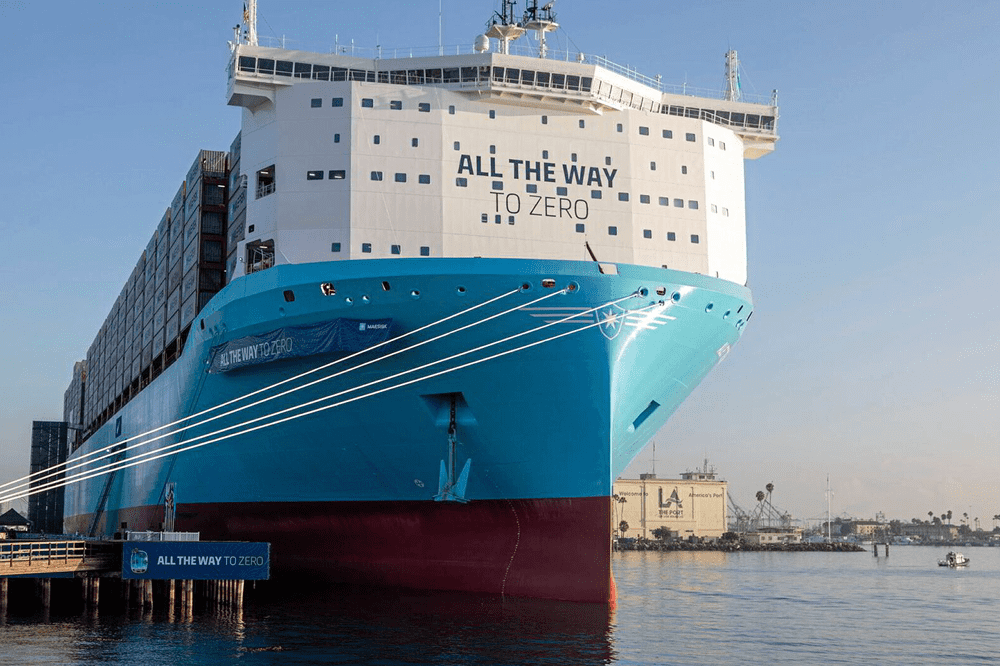Cargo Vessel Baltic Wind Runs Aground in Isefjord, No Pollution Reported
The cargo vessel Baltic Wind ran aground in Denmark’s Isefjord after leaving the navigation channel. No injuries or pollution were reported, and salvage planning is underway.

The Global Maritime Forum’s Getting to Zero Coalition has issued its latest status update on alternative fuels, concluding that methanol has progressed from pilot projects to early commercial use, while ammonia is entering the piloting stage. The report, From Pilots to Practice: Methanol and Ammonia as Shipping Fuels, highlights how both fuels are reshaping the industry’s path to decarbonization.
Drawing on interviews with 40 industry stakeholders across shipping, energy, and finance, the report confirms that methanol is now considered a “low-carbon operational fuel”, backed by a rapidly growing orderbook and an expanding bunkering network. Ammonia, though still in early testing, is regarded as “ready for piloting” with live projects under development.
According to the report, methanol’s uptake has accelerated sharply:
The industry’s confidence in methanol stems not only from ship orders but also from established safety protocols and crew familiarity developed over decades of handling the fuel in chemical shipping.
While ammonia remains less mature, progress is evident. The report notes that the first ammonia-fueled engines are expected to be commercially available by 2026, with pilot vessels already being planned. Engine makers are in the final stages of testing, and initial bunkering trials are underway.
Ammonia is seen as offering near-complete decarbonization potential if produced from green hydrogen, but stakeholders emphasized the need for safety guidelines, supply chain build-out, and crew training before large-scale adoption can occur.
The report stresses that the transition from pilots to practice represents a watershed moment. With methanol firmly in the commercial phase and ammonia moving into real-world testing, shipowners and operators are urged to integrate these fuels into their fleet renewal and investment strategies.
The study also highlights that without stronger policy support—such as carbon pricing or fuel mandates—the risk remains that uptake could stall before reaching scale.
By setting methanol and ammonia apart as fuels that have moved from theory to execution, the Global Maritime Forum’s analysis provides perhaps the clearest signal yet: zero-emission shipping is no longer experimental, but operational.